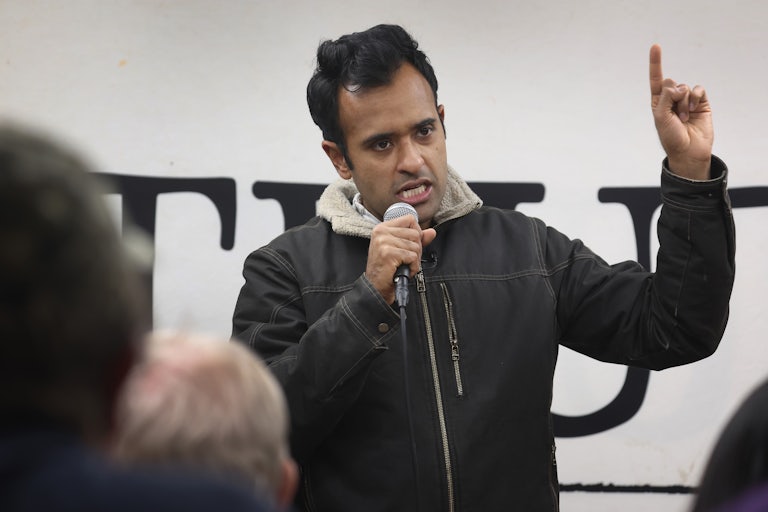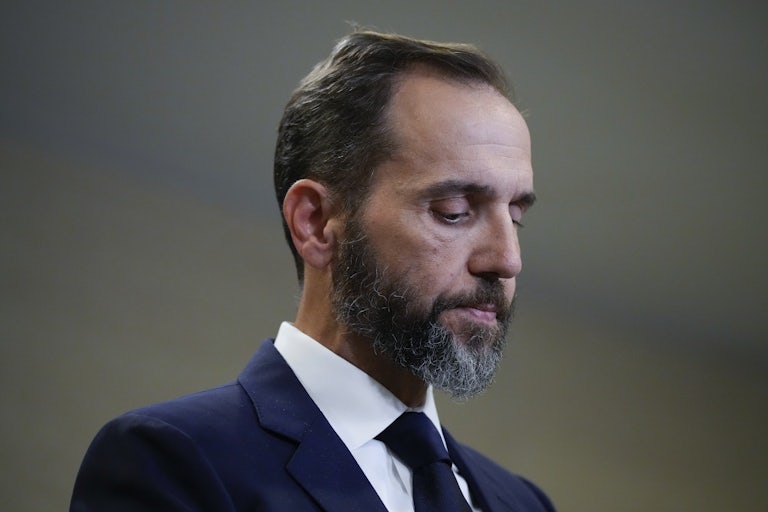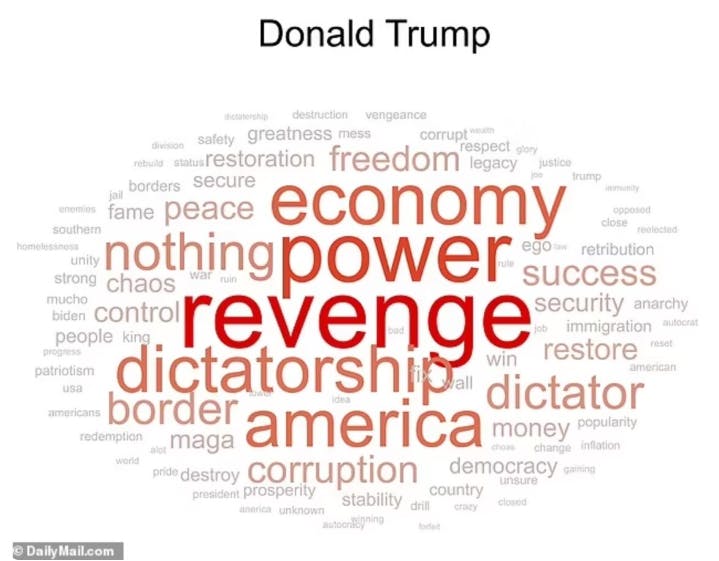Lauren Boebert’s Sad Plan to Save Her Political Career
The Colorado controversy magnet has apparently worn out her welcome at home and will have to inflict herself on new voters to win reelection.

Representative Lauren Boebert has apparently come to the realization that she can’t win reelection, so she’s changing districts in an attempt to stay in Congress.
Boebert currently represents Colorado’s 3rd district, where she just barely eked out a reelection win in 2022. She announced Wednesday night that in 2024, she will abandon her home district to make a run in Colorado’s 4th district instead, a Republican stronghold currently represented by Ken Buck—who in recent years has often found himself at odds with his party.
“I did not arrive at this decision easily,” Boebert said in a video announcing the change. “A lot of prayer, a lot of tough conversations, and a lot of perspective convinced me that this is the best way I can continue to fight for Colorado, for the conservative movement, and for my children’s future.”
“Republicans will hold the 3rd, and I’ll proudly represent the 4th, and Republicans will be stronger for it.”
Although Boebert is playing her decision off as a strategic move for the greater good of the party, she is really tacitly admitting that she doesn’t think she stands a chance at winning reelection. She won by just 546 votes in 2022, after a tight election that nearly went to a recount.
Still, while state Democrats celebrated Boebert’s decision, it’s unclear whether the Democratic candidate for the 3rd district, Adam Frisch, can win without Boebert as his foil. The last time the district elected a Democrat was in 2008; Frisch came close in 2022 largely because Boebert has stoked so much antipathy among voters.
When Frisch ran against Boebert last year, his campaign focused tightly on a message of rejecting her—not the Republican Party at large. There are already multiple Republican candidates who were vying to primary Boebert, and now that she’s out, more GOP hopefuls may jump in.
But it’s not a given that Boebert will win in the 4th. She has been struggling with a public image that casts her as a political extremist, and she received a humiliating dose of national backlash after she and a date were caught on security cameras talking, using their phones, vaping, and groping each other while seeing a performance of Beetlejuice.
What’s more, she would be running to replace Buck. Despite being on the ideological far right of his party—Buck and Boebert are both members of the Freedom Caucus—Buck has been one of the most outspoken opponents of the impeachment inquiry into President Joe Biden. He announced in November that he won’t seek reelection, pointing to Republicans’ embrace of 2020 election denialism and their inability to accomplish anything.
There are already multiple candidates in the race to replace Buck, and more are expected to join in the coming days. One of those candidates, state Representative Richard Holtorf, has already slammed Boebert for “carpetbagging.”
“Seat shopping isn’t something the voters look kindly upon,” he said in a statement. “If you can’t win in your home, you can’t win here.” In her attempt to stay in power, Boebert may just have signed her own walking papers.









